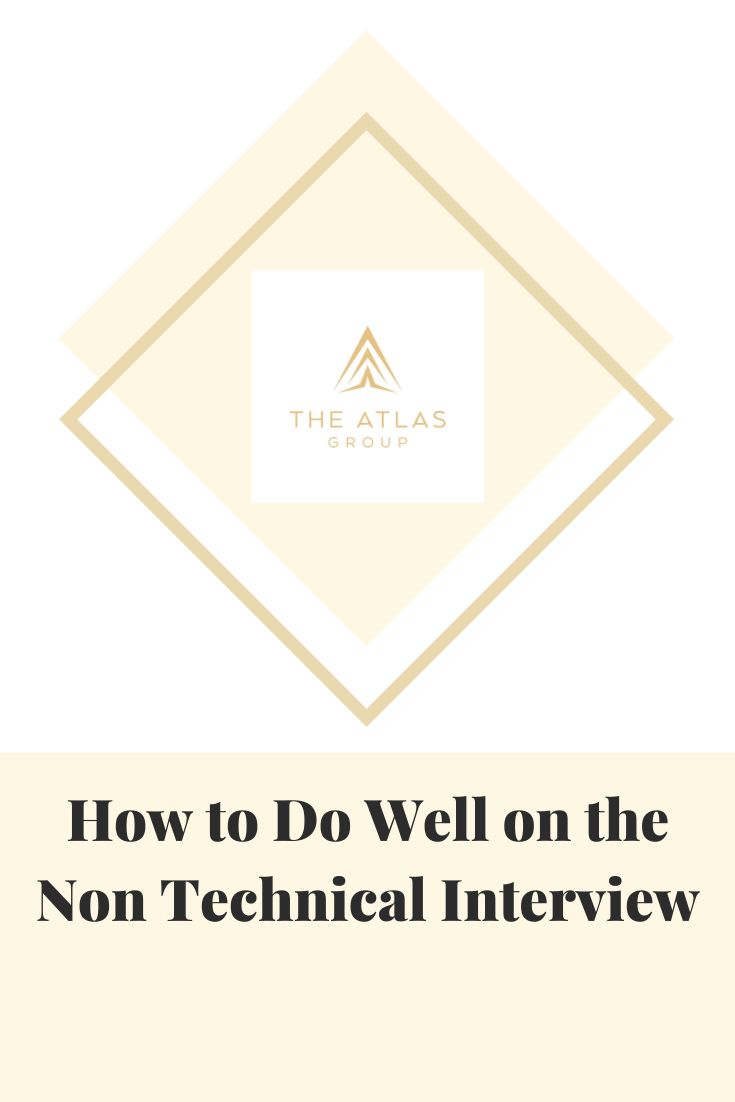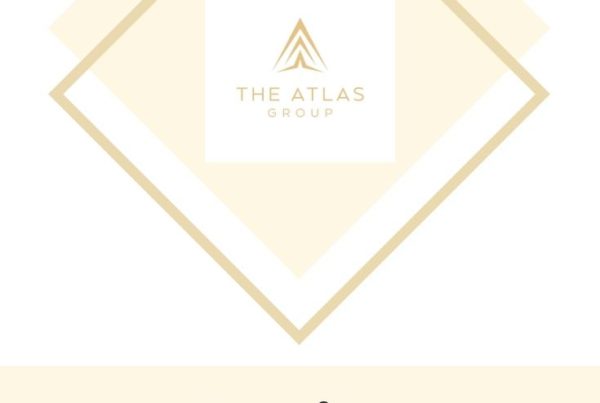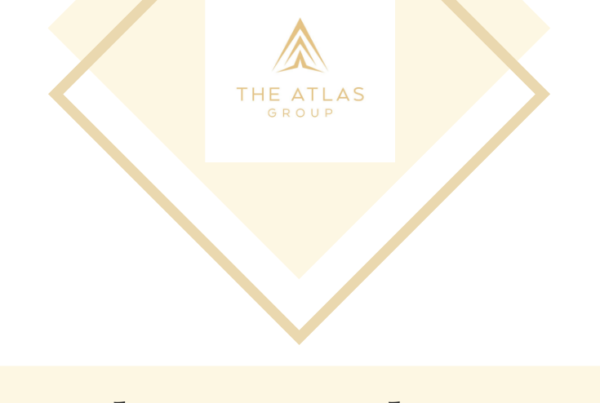You’re interviewing for a technical role, but before you get into the technical nitty gritty, the team may want to have a general non-technical conversation with you first. The question is- what exactly is being evaluated? Below are some points they may be looking to measure and how to prepare.
What you are currently doing and how that fits with what they’re looking for. They will have your resume in front of them and will try to get an understanding of what it is that you do/ are responsible for on a daily basis. Keep in mind they are going to connect what you’re currently doing to how that could translate to their team. How to prepare: Before the interview, grab the job description and write out some examples next to the bullets in the “must haves” of similar things you have done. Be prepared to speak to the bullets on your resume, what the application does that you’re working on, and be clear about your individual contributions; do this by staying away from “we” and focusing on “I”.
What you’re looking to do. This is almost as important as your relevant skills. If you’re interviewing for a front- end developer position, but you tell them your passion is in back end development, the interview may be cut short. Teams want people who are passionate about what they do, and if you’re passionate about something else, they know you probably won’t be sticking around long. How to prepare: know the role you’re interviewing for, figure out what you want and be honest about it.
Potential gaps in your resume. Teams may be curious about a gap in your resume and want to know more about why you parted with that company, what you did in the meantime, and what prompted you to pick up the next job. How to prepare: anticipate being questioned about the gaps in your resume and have answers for those three points. No need to get super deep into personal detail if it was a family or health issue; interviewers usually respect that and wont push. However, they may need to hear reassurance from you that the issue is in the past and it won’t affect your future employment; they may want to make sure they can depend on you to stick around as your gaps may make them unsure.
Basic tech questions. These are usually based on what you have on your resume and the “must have” techs listed in the job description. It doesn’t make sense for the team to move you forward to a technical round if you can’t answer basic questions. How to prepare: make sure you look at the job description and the technical “must haves” and be prepared to answer basic technical questions. You may also be asked why you are using certain technologies at your current role; instead of “because that’s what my manager decided” try to think of the logic piece and answer that way. They may be curious about how much you understand the why behind doing things. Important tip– if you don’t know something, don’t bs your way through it. Admit you don’t know it, but say you’re willing to learn. My number one complaint I get from hiring mangers is when people pretend they knew something, although it’s obvious with a few easy questions that they do not. This actually hurts you more than you think, as it insinuates that; you could think you know something that you don’t, you have a hard time admitting when you don’t know something, or that you’re completely clueless- all of which can lead to dangerous mistakes. Be honest – hiring managers respect you so much more when you admit what you don’t know and will be more likely to move you forward.
Culture fit. Will your personality type fit on the team? If you’re junior, are you coachable/ have the aptitude/ hunger to learn new things? If you’re more senior, what’s your management style and how do you stay up to date with tech? How to prepare: You don’t know what their culture is really like, so you can’t really prepare to fit their mold. Answer as honestly as you can and most importantly, be yourself.








